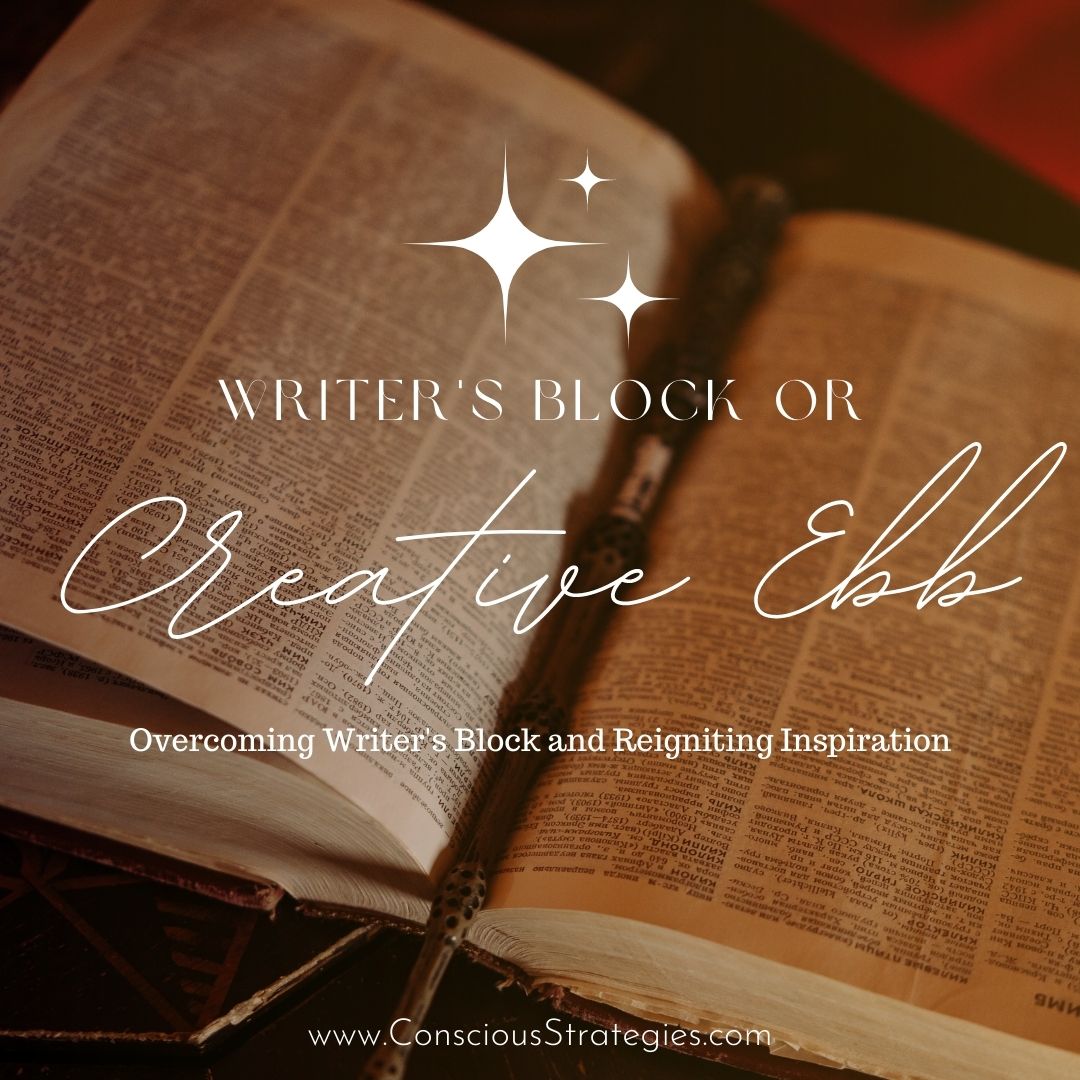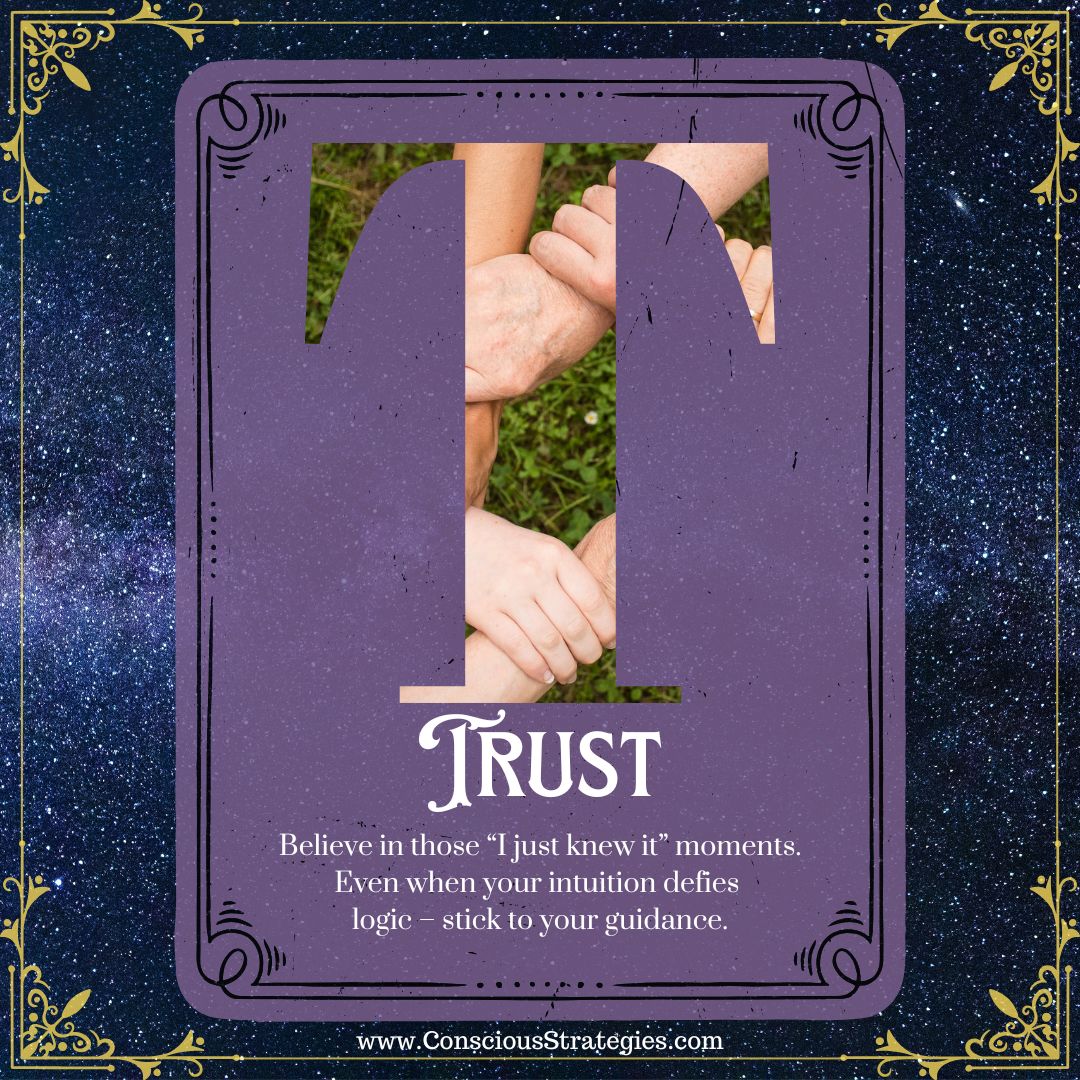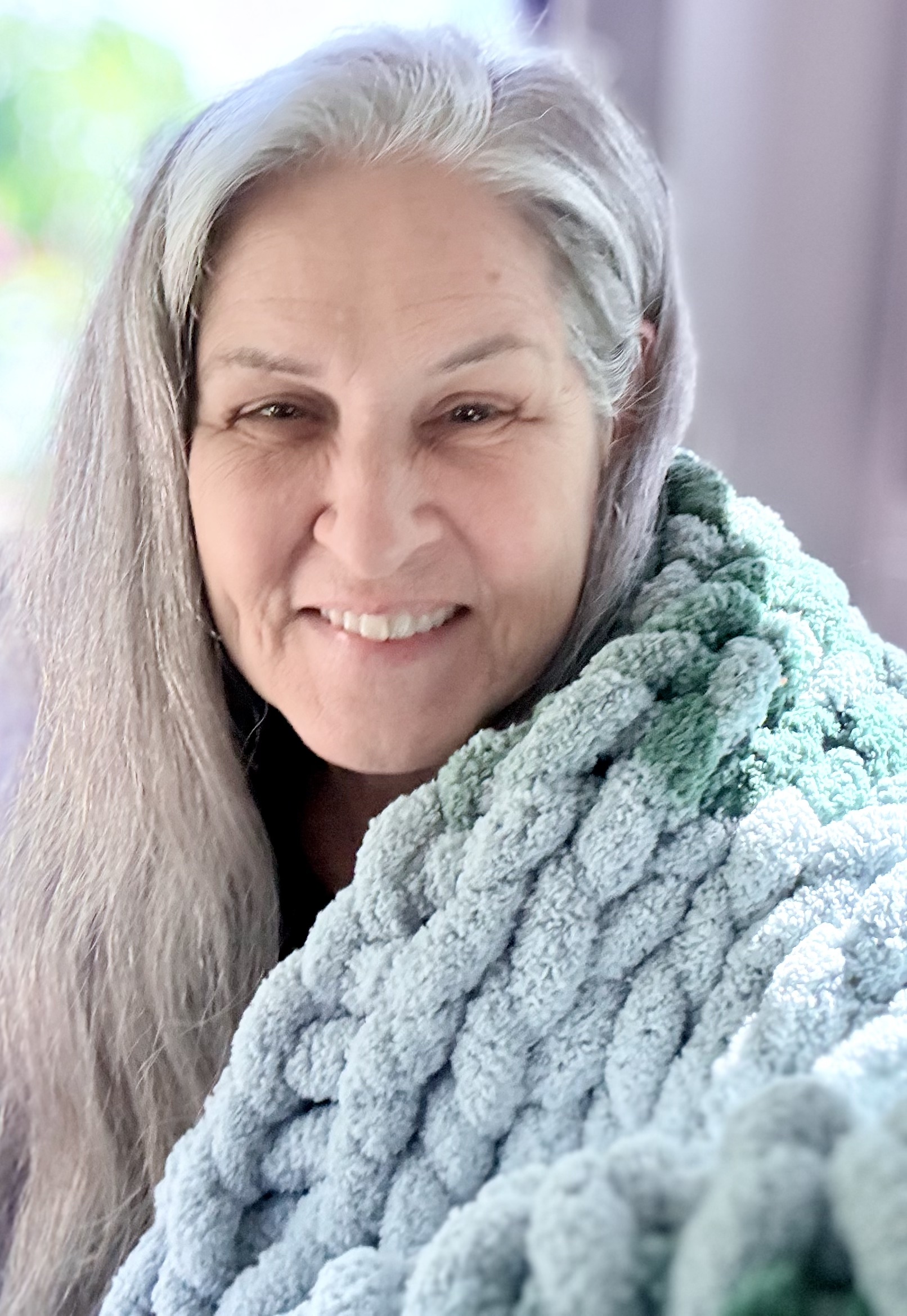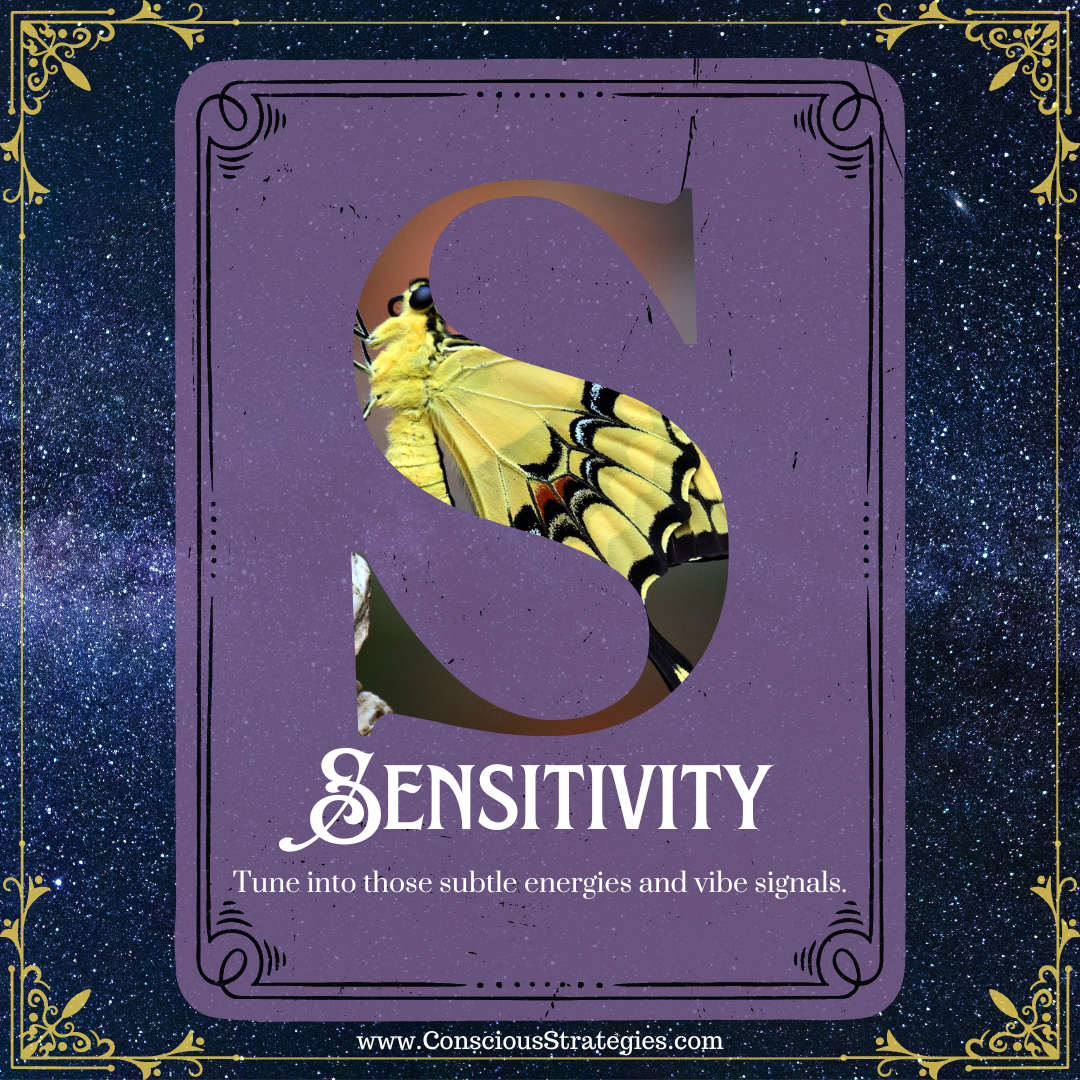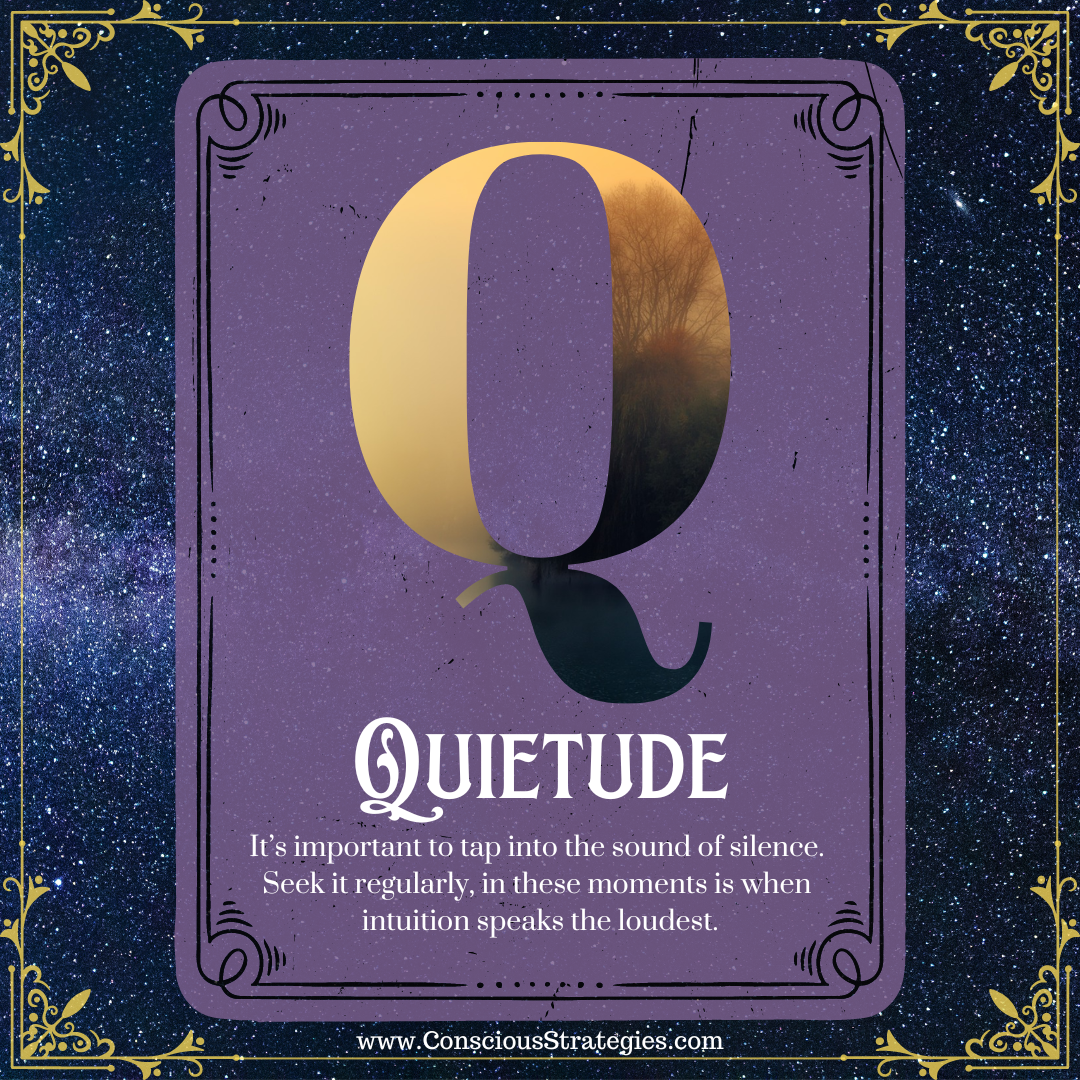Some folks call it writer’s block, for me it’s part of the creative cycle – the ebb and flow of life in this creative “slowdown”. This creative pause is a common phenomenon experienced by writers, characterized by a temporary inability to produce new “work”. It is often accompanied by a lack of inspiration, motivation, or ideas. Writers of all types, including novelists, journalists, poets, and even students, may encounter writer’s block at some point in their writing process.
Writer’s block can manifest differently for everyone. Some common characteristics include:
- Inability to start or continue creating: The writer or creative may find it challenging to put words on paper or struggle to progress with their projects.
- Lack of ideas or creativity: The creative may feel as if their mind is blank, making it difficult to come up with new concepts or storylines.
- Self-doubt and perfectionism: Writers, creatives may doubt their abilities, fear criticism, or have high standards for their work, leading to constant self-criticism and dissatisfaction.
- Procrastination: Engage in various forms of procrastination instead of writing or creating, such as excessive researching, organizing notes, or getting easily distracted.
The ebb of the creative cycle can be caused by several factors, including:
- Psychological factors: Stress, anxiety, self-doubt, fear of failure, or perfectionism can hinder the creative process and also make the ebb grow larger.
- External pressures: Deadlines, pressure to meet expectations, or a demanding environment can add stress and put a kink in creativity.
- Lack of inspiration: A creative (writer, artist, etc.) may struggle to find inspiration or fresh ideas, which can stall their creative flow.
- Burnout: Continuous writing or creating without proper breaks or neglecting self-care can lead to mental and physical exhaustion, resulting in a bigger creative ebb.
Overcoming writer’s block can be challenging, but there are strategies that can help:
- Free flow creating: Write, paint, create without self-censorship or judgment, allowing your energy and thoughts to flow freely. This can help bypass perfectionism and stimulate creativity.
- Setting small goals: Break down your creative projects into manageable small steps or for writing set a specific word count for each writing session. This can make the process less overwhelming.
- Changing the environment: Switching your physical location or creating a dedicated creating (writing) space can help stimulate fresh ideas and eliminate distractions.
- Taking breaks and self-care: Engage in activities that relax and rejuvenate you, such as exercise, meditation, or spending time in nature. This can help alleviate stress and recharge your creative energy.
- Seeking support: Share your struggles with fellow creatives, join writing/creative groups or workshops, or seek feedback from someone you trust. Connecting with others can provide encouragement and alternative perspectives.
Remember, writer’s block or creative ebb, is temporary, and it’s essential to be patient and kind to yourself during the process. With time and attention, the creative ebb can move into the flow energy, the words and ideas will start flowing again.

